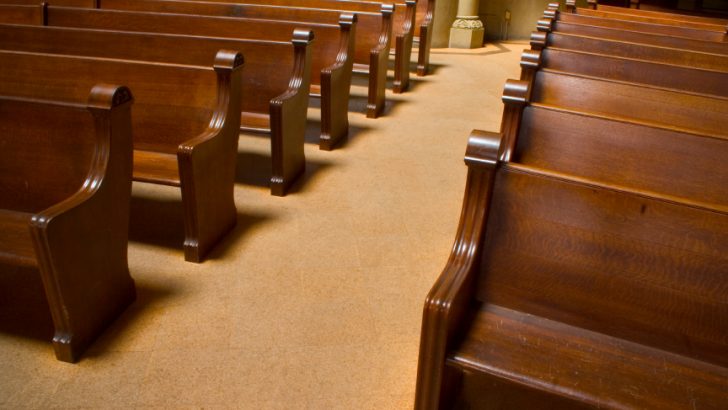Thirty or 40 years ago when vocations to the priesthood in Ireland were plentiful, the prospect of becoming a bishop probably seemed quite appealing to parish priests – at least to the ambitious ones. The joke was that once a man had been appointed to the episcopate, he would never again eat a bad meal…or hear the truth.
I don’t know abut the food, but the era of bishops being spared brutal honesty – if it ever existed – is well and truly past. Now, the more perceptive of clerics observe wryly that anyone who wants to become a bishop deserves it!
There’s cynicism in that, but also a huge degree of truth. Bishops in Ireland today are faced with impossible dilemmas chief of which is how to meet the genuine felt need for parishioners to have a resident priest when Ireland is running out of clergy.
Vocations
Every time I write about this issue, I get correspondence telling me that numbers are not everything. Fair enough – but vocations are a real measure of the vitality of a particular Church and the Faith life of parish communities. Vocations to the priesthood are not magic, they are nurtured by communities and families who see the sacramental life as vital to Christian flourishing.
Where Faith is lukewarm – or has lost its saltiness, to use a biblical image – the idea of a life-encompassing commitment to help people discern God’s plan for their lives is not that appealing. But where communities are enlivened by the power of the Holy Spirit – and the Gospel is lived authentically – spreading the excitement of friendship with God becomes an almost irresistible prospect.
Within weeks, the Archbishop of Dublin Diarmuid Martin is due to submit his mandatory resignation letter to Pope Francis. All the indications are that he is keen to go. He has spoken often about how tired he is and his belief that there is need for new blood at the helm of the country’s largest diocese.
The next Archbishop of Dublin will have to act decisively and move forward with necessary (if painful) pastoral reforms”
He has borne the burden and heat of the day and on the eve of entering his 76th year deserves to be allowed to retire without delay.
This will be a new chapter for Dublin and for the Church in Ireland at large. The Pope’s appointment to Dublin will be the most important episcopal choice since Archbishop Eamon Martin was appointed as Primate of All-Ireland. As vice-president of the bishops’ conference, the Archbishop of Dublin has an important role in setting the mood music for the next phase in the reform and renewal of the Church on this island.
The next Archbishop of Dublin will have to act decisively and move forward with necessary (if painful) pastoral reforms that may see many parish churches close. If the history of the Church teaches us anything, it is that what seems unimaginable at one moment becomes the seed of reform in another moment.
Many Dublin priests share the perception that vital and necessary pastoral planning has been long-fingered. They speak about a culture of ‘keeping the show on the road’.
It’s not for me to judge whether this is fair or not, and reforms around transferring sacramental preparation from schools to parishes – if handled and resourced properly – are a welcome step. But, Dr Martin’s successor in Dublin will have to embrace a much wider reform agenda.
He could do worse than breathing new life in to a plan that was shelved by Dr Martin – the idea of convoking a diocesan assembly or synod that would honestly and courageously discern the challenges facing Dublin and, by extension, the wider Church in Ireland.
It would have to be handled prudently and manage expectations, but it could be a moment to re-imagine how we think of the Church”
Such a process – listening attentively to the Word of God in the way that Pope Francis has spoken so passionately about – could be a fresh step in becoming the co-responsible and participatory Church that the Second Vatican Council imagined in the 1960s. It would have to be handled prudently and manage expectations, but it could be a moment to re-imagine how we think of the Church.
In his apostolic exhortation last week, Querida Amazonia, Pope Francis proposed that the real reform that is needed in the Church is transcending traditional divisions and “finding other, better ways, perhaps not yet even imagined”.


 Michael Kelly
Michael Kelly
